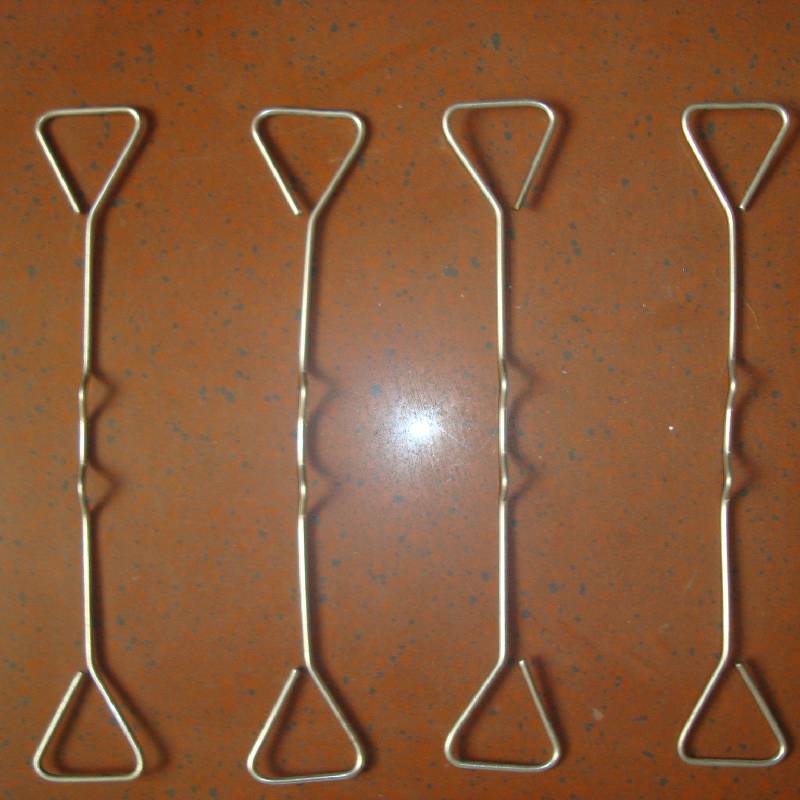
- Mobile Phone
- +8613931874955
- sales@cntcmetal.com
concrete mesh cost
Understanding the Costs of Concrete Mesh A Key Component in Construction
Concrete mesh, also known as wire mesh or reinforcing mesh, plays a crucial role in the construction industry. It is primarily utilized to strengthen concrete structures, providing additional support and durability. Understanding the costs associated with concrete mesh is essential for contractors, builders, and DIY enthusiasts alike, as it can impact the overall budget of a construction project.
What is Concrete Mesh?
Concrete mesh is typically made from steel wires that are welded together to form a grid pattern. This grid can be placed within concrete before it sets, allowing it to bear heavier loads and resist cracking. Concrete mesh comes in various sizes, shapes, and materials, making it a versatile choice for various applications, including foundations, slabs, and walls.
Factors Influencing Concrete Mesh Costs
1. Material Composition The type of steel used in the production of concrete mesh significantly affects its cost. High-quality, corrosion-resistant steel may cost more upfront but can provide long-term savings by extending the lifespan of the structure.
2. Size and Thickness Concrete mesh is available in various sizes and thicknesses, impacting the overall price. Generally, larger and thicker mesh can handle heavier loads but comes at a higher cost. Builders must consider the specific requirements of their project when selecting the appropriate size and thickness.
3. Mesh Configuration The configuration of the meshes, such as the spacing of the grids and the shape (e.g., square or rectangular openings), can also affect prices. Custom configurations may incur additional manufacturing costs compared to standard meshes.
4. Market Demand As with any material, market demand can influence prices. During peak construction seasons, the demand for concrete mesh may drive prices up, while off-season periods might see more competitive pricing.
concrete mesh cost

5. Location Shipping and transportation costs can vary based on location. Areas further from manufacturing facilities may incur higher costs due to increased freight charges. Local suppliers might offer competitive prices due to reduced shipping expenses.
6. Supplier Markup Different suppliers may have varying markups based on their pricing strategies and the level of service they provide. Buyers should shop around and compare different suppliers to find the best deal.
Cost Examples
To provide a clearer picture, let’s explore some typical pricing for concrete mesh. As of 2023, the cost for standard concrete mesh can range from $0.15 to $0.50 per square foot, depending on the factors mentioned earlier. For a typical residential slab that requires 1,000 square feet of concrete mesh, the total material cost could range from $150 to $500.
Additionally, if specialized meshes are required for a particular project—like those that are epoxy-coated for corrosion resistance or those designed for specific environmental conditions—prices can increase significantly. For example, these specialized meshes might cost between $0.70 to $1.00 per square foot.
Benefits of Investing in Quality Concrete Mesh
While it may be tempting to opt for the cheapest option, investing in quality concrete mesh can yield long-term benefits. High-quality mesh can improve the structural integrity of the project, reducing the likelihood of future repairs and maintenance. Moreover, the enhanced durability can be especially valuable in regions prone to extreme weather conditions.
Conclusion
Concrete mesh is a vital component in constructing safe and durable structures. Understanding the various factors that influence its cost can help stakeholders make informed decisions. While initial prices fluctuate based on material, size, and market conditions, the long-term advantages of selecting quality concrete mesh can outweigh the immediate financial considerations. By carefully assessing the specific needs of a project and sourcing materials wisely, builders can achieve a balance between cost and quality, paving the way for successful construction outcomes. As the construction industry continues to evolve, staying informed about materials and their costs remains essential for achieving the best value and performance in any project.
share:
-
Why Sacrificial Formwork Is Redefining Underground ConstructionNewsJun.06,2025
-
The Structural Dynamics of Modern Concrete: How Snake Spacers Revolutionize Flexible ReinforcementNewsJun.06,2025
-
Snake Spacers Smart-Lock Concrete Reinforcement with Surgical PrecisionNewsJun.06,2025
-
Snake Spacers: Reinforcement Precision for Modern Concrete ProjectsNewsJun.06,2025
-
Snake Spacers Powering Concrete's Structural DNANewsJun.06,2025
-
Slither into Success: Snake Spacers' Precision Bite for Unbreakable ReinforcementNewsJun.06,2025
-
Sacrificial Formwork: Building Stronger, Faster, and Safer StructuresNewsJun.06,2025



















